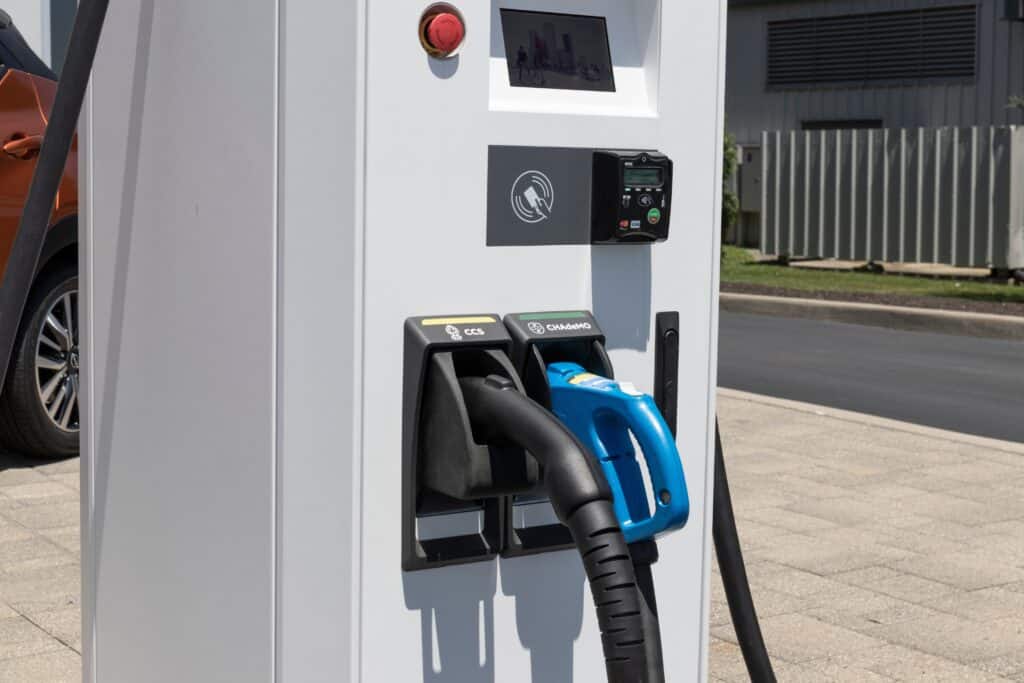Aligning with one of this issue’s main features, Adler and Allan’s Dan Ellis provides an overview of the main areas the UK will need to address to achieve its net zero ambitions
One of the most recent areas of interest to emerge within the FM sector is that of the UK’s legally binding aim to achieve net zero carbon emissions and the need to support clients in their journey and ambitions.
One of the most attractive elements within this is that reducing emissions will also involve using less energy, which in turn requires the client to spend less on utility bills. However, achieving net zero will require significant changes in all areas of society and high levels of investment in many areas.
Expert comment on this topic is provided by Adler and Allan head of Sustainability Consultancy Services Dan Ellis, who says “the UK’s built environment will have to undergo significant changes to its energy and fuel infrastructure”.
“For those assets that will take time to upgrade, alternative liquid fuels can provide a transitional option. Hydrotreated vegetable oil (HVO), as a waste biomass-based product, has 90% fewer emissions than diesel. As it is fully miscible with diesel, it can be used wholly in a system, or as a ‘top-up’ for incremental change.
“The UK’s built environment will have to undergo significant changes to its energy and fuel infrastructure”
“As we decarbonise our buildings, we will have to decommission legacy fuel infrastructure such as tanks, pipework, and containment. The risk of pollution incidents is mitigated with renewable energy, there are fewer pipes liable to freezing, and maintenance costs and downtime are reduced,” he continues.

Historical pollution issues may require remediation and early investigations help FMs to understand risks to be factored into the business case.
The ability to charge an EV at work will also become a greater priority for employees and free charging will be seen as a value-added perk to attract good talent.
Installing charge points should be factored into any net-zero plan, with FMs ensuring that renewable energy is either procured or generated on site to power these where possible. The changing climate means drier dry spells, more extreme rainfall events, stronger storms, and increased flooding, so commercial building managers may need to adapt their assets and strengthen resilience, he continues.
“Effective maintenance is key to ensuring plant remains as efficient as possible. Existing and future critical infrastructure should be protected against physical risks,” says Mr Ellis.




